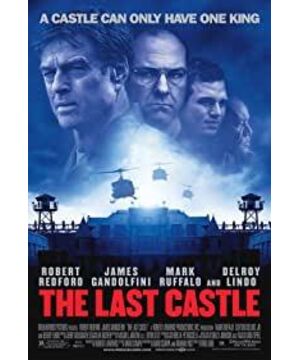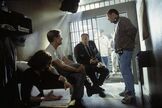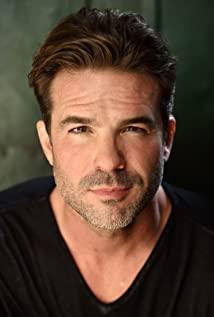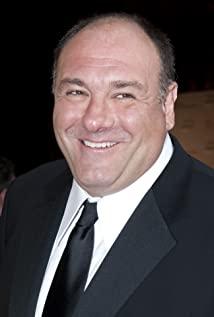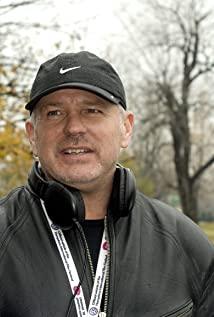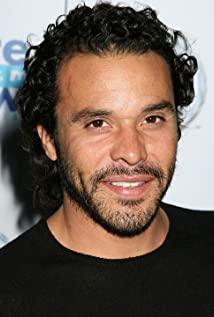Winter’s attitude towards Irvine was awe-inspiring at the beginning because of the difference in rank or merit, and then because Irvine said that bullets are reserved for memorials for those who have never been on the battlefield. By the time Irwin gradually established a personality cult in the prison, united the prisoners to provoke a deep dislike of resistance, and finally became frantic when he occupied the prison.
As a person with vanity, personal dignity, and a little lack of military organization and sense of belonging, this kind of behavior is worth understanding when an ordinary person encounters this situation. You come to my jurisdiction and say that this is not good for me, that's not good, you also provoke the resistance of the people under my jurisdiction, and finally overthrow me, for no one likes it.
Even if I have military exploits worthy of respect, and even if my treatment is flawed (promoting the struggle between prisoners, over-punishing prisoners), as the primary responsible person in such a special place as a prison, I can understand in a few ways. He enforces the rules, and he should be justified in playing on the edge of the rules as long as he doesn't touch the bottom line, because prisons are originally places where human rights are restricted.
The movie uses the two big killers of personal heroism and citizens' yearning for freedom and rights to fight against such a warden who is not very capable of leadership and a little careful. What do you think?
View more about The Last Castle reviews


